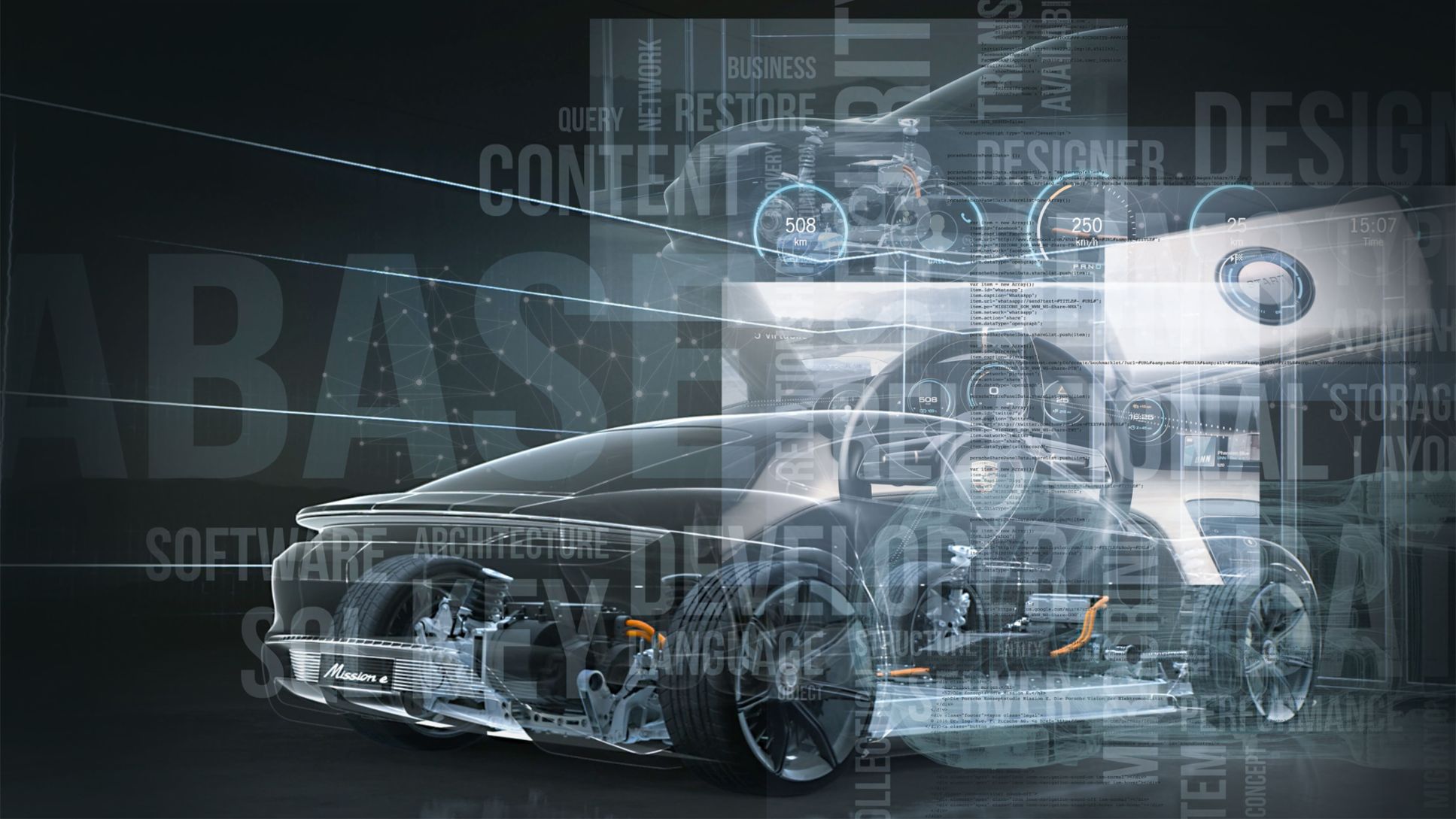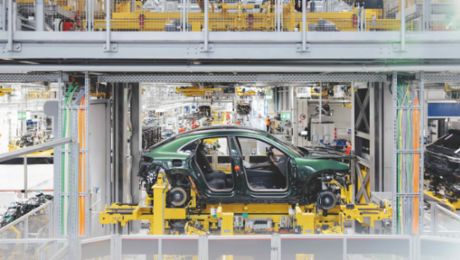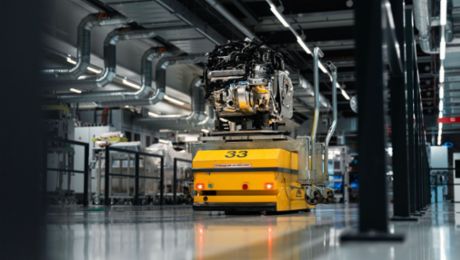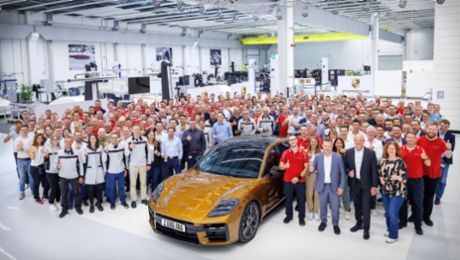Through the effective application of development capacities, additional scope is to be created for the topics of electrification, digitization and autonomous driving. This will enhance competitiveness so that the two companies can optimally utilize the opportunities for future model generations and better meet the challenges.
“Together, we will make faster progress in the race for the mobility of the future. We will utilize the expertise of both companies and take advantage of synergies,” said Oliver Blume, Chairman of the Board of Management of Porsche AG. “We will cooperate wherever it makes sense. But we will also be very careful to maintain the differentiation between our brands. A Porsche is always a Porsche, and that will remain so in the future.”
Porsche and Audi are positioning themselves for the next decade
“The best brains of both companies will together set the technical course for the future,” stated Rupert Stadler, Chairman of the Board of Management of AUDI AG. “We are united by many shared values, above all, by our pursuit of the best solutions and the best offerings for our customers.”
Collaboration within the Volkswagen Group is nothing new. Audi, VW and Porsche have worked together successfully for many years in the area of SUVs, and with the new development cooperation, Porsche and Audi are positioning themselves for the next decade. In the coming months, joint teams will prepare the specific areas of cooperation and define the roadmap as far as 2025. The focus is on the joint development of vehicle architectures, modules and components. Project work will take place in various areas, each of which will be jointly headed by a representative of each brand.



